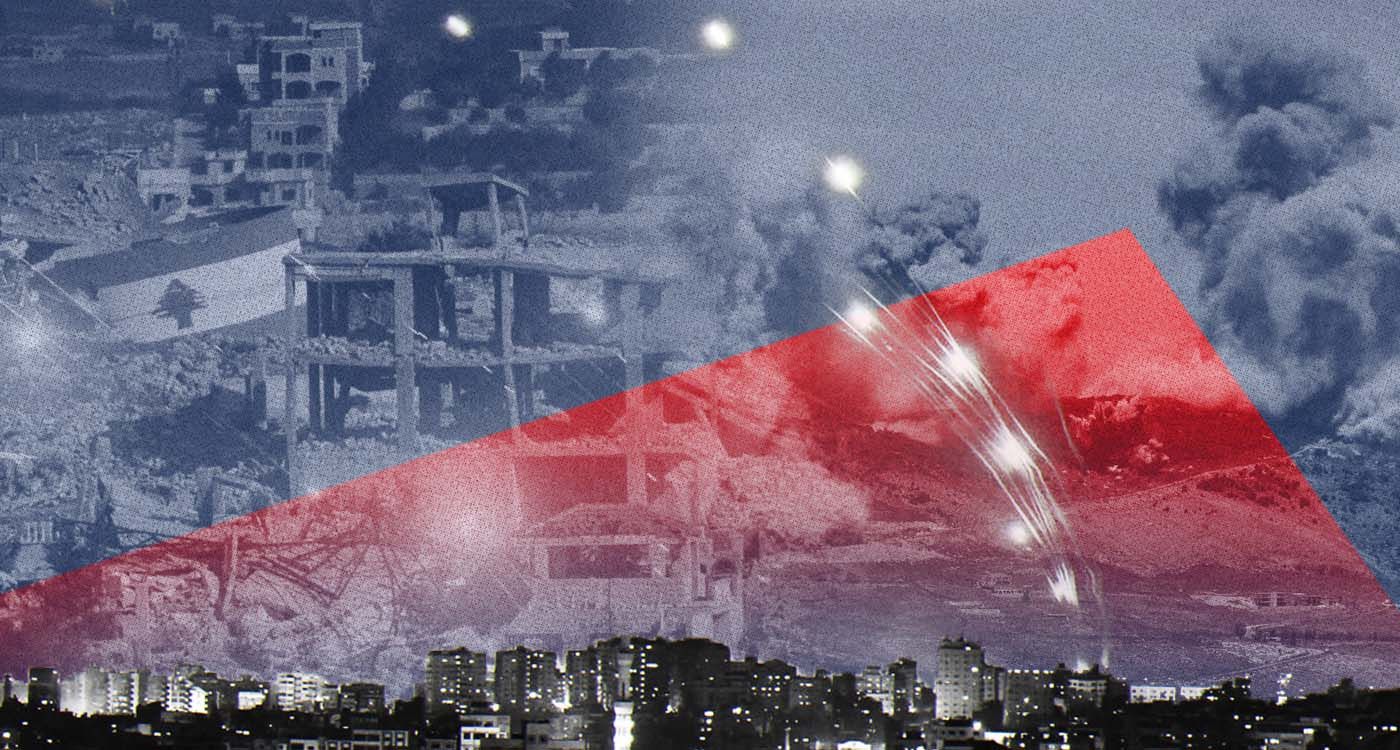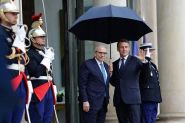
A former Sunni MP — once a leading voice in parliament and still one of the few clear-headed voices left in the country — told me, during a conversation at the height of the Cedar Revolution, that the 1982 Israeli siege of Beirut had been an existential turning point for his community. Under the shelling, they realized that their dream of Arab unity and solidarity was a delusion: no Arab power had come to their aid. From that moment on, it became clear that their only real safeguard lay in Lebanon itself — and in carefully calibrated relations with domestic partners.
It would probably be beneficial if Hezbollah’s officials, fighters and supporters today embraced the same Lebanon-first mindset — especially given the Islamic Republic’s total military passivity when the Iran-backed group, acting at Tehran’s request, launched an open war against Israel in October 2023.
It’s important to remember that this conflict — one no one in Lebanon wanted — resulted in a series of targeted raids that wiped out the party’s top political and military leadership, alongside thousands of young fighters killed in combat. This was compounded by the total destruction of several villages in the South and the forced displacement of hundreds of thousands of residents. Supporters of Hezbollah have likely noted that it was not a lack of military capability that prevented the Iranian regime from coming to its ally’s aid during this ill-fated “support war.” Evidence of this lies in the barrage of Iranian missiles that struck Tel Aviv and Haifa, among other targets, during the “twelve-day war” between Israel and Iran.
The difference between these two situations — the Sunni stance after the 1982 war and Hezbollah’s blind, militant alignment with Iran — is clearly ideological. The armed wing of the Pasdaran in Lebanon and across the region is tied to its Iranian patron by a deep ideological bond. This alliance, highly unique in every respect, is nonetheless one-sided. As dictated by Wilayat al-Faqih, the Shiite group — like other Iranian proxies — was meant to serve as a frontline defense for the Mullahs’ regime in the event of a war with Israel. But the opposite occurred: beyond supplying its proxies with weapons, ammunition, lethal equipment and financial support (at the expense of its own citizens), the Islamic Republic never took concrete action to ease the military pressure on Hezbollah, Hamas or the Houthis. Instead, it directed its armed forces to carry out military operations whenever its strategic interests were at stake.
The events of the “twelve-day war,” coupled with the relentless series of almost daily raids targeting Hezbollah’s leadership and positions since last November — with no effective response — have shown that the party’s military arsenal has become ineffective and, in truth, never had a real raison d’être: it failed to genuinely defend the militia — and even less so Lebanon — and did nothing to alleviate the pressure on its regional backer.
Prime Minister Nawaf Salam rightly stressed that Hezbollah handing over its arms to the state is first and foremost a Lebanese necessity — not just an international demand. In light of the severe blows Israel has dealt to the Mullahs’ regime, it is undoubtedly high time for the Shiite party’s leadership to show exceptional political courage by breaking free from the constraints of Wilayat al-Faqih and establishing a rational relationship with Iran — one that fully acknowledges Lebanon’s paramount needs and priorities.
Such a course of action requires a “cultural revolution” among the leadership of the Shiite group and a political reorientation toward Lebanon — similar to the Sunni awakening following the Arab abandonment during the 1982 Israeli siege. Is Hezbollah’s leadership capable of such a national resurgence, one that would mean severing the umbilical cord with its ideological masters? It’s not forbidden to dream…
The leaders of the Shiite party would do well to reconsider the true meaning and weight of the phrase “quiet strength,” famously adopted by François Mitterrand during his 1981 presidential campaign. In Lebanon’s particular context, this motto implies that a well-organized party does not need to take an aggressive stance or rely on a military arsenal and war infrastructure to claim a prominent position on the local political chessboard.




Comments